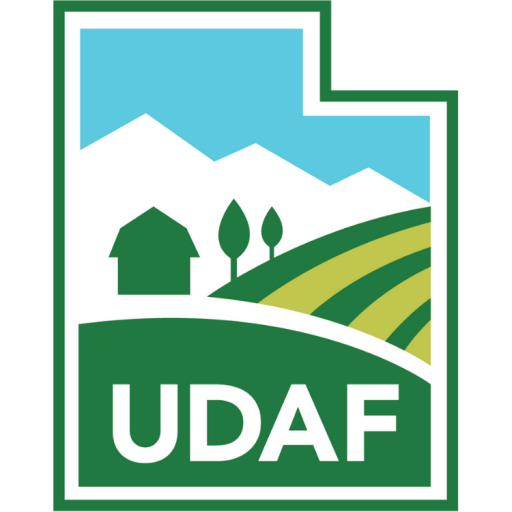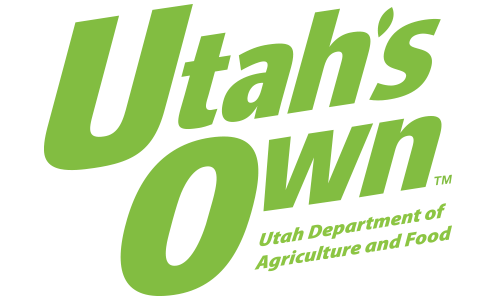Herbicides are pesticides. “Pesticide” does not mean “insecticide”.
Pesticide businesses are entering an industry regulated by state and federal laws. When in a regulated industry, expect to be regulated.
State Law requires a Commercial Pesticide Business License of any business that commercially applies pesticides of any kind in any amounts. This includes even simple jobs like spot treatment of weeds after mowing a lawn or spreading a granulated weed and feed or a pre-emergent.
There are three steps to get a Commercial Pesticide Business License:
- Make sure that the business has a Qualifying Party (QP). This is where many run into a problem, so be sure to understand the QP requirements below.
- Once you have a QP, pay the $110 fee for the 3 year license. You can only do so by regular mail or by calling 801-982-2200 and making a payment for a “Commercial Pesticide Business License”. Have your credit card ready. A receipt will be emailed to you.
- Submit the completed application, applicable QP forms and payment receipt to udaf-pesticide@utah.gov
After submission, if further information is needed, someone will contact you, usually by email. If you don’t receive your license within 30 days, contact us at udaf-pesticide@utah.gov or 801-982-2300, Press 2.
What is a Qualifying Party (QP) and do I need one?
To qualify for a Commercial Pesticide Business License, one must have a Qualifying Party (QP). “Qualifying Party” means a certified qualified applicator who is the owner or employee of a pesticide applicator business and who is registered with the department as the individual responsible for ensuring the training, equipping, and supervision of all pesticide applicators who work for the pesticide applicator business.
To qualify as a QP one must have a Utah Commercial Pesticide Applicator License AND:
-
- Must have been licensed as a commercial or non-commercial applicator for a minimum of 2 years, within the last 10 years, in any state.; Or
- Qualify with relevant education. Examples are, an associate degree in landscape management or an entomology degree. Some other fields may have coursework that may be applicable. Transcripts must be submitted to UDAF for review. Approval is at UDAF’s discretion.
If the owner does not qualify as a QP, then they must hire someone who does. The QP is responsible for training and ensuring that employee applicators follow the label and laws. It’s a very responsible role. The owner is responsible for making sure that the QP understands his legal role. If a QP leaves the business, he must be replaced within 30 days. This person must be a W2 receiving employee, not a contractor or paid with a 1099 form. The QP forms describe additional responsibilities.
There is only one exception to needing a QP and it’s for a business who provides mainly lawn and turf management, but only spot treatment with certain herbicides is allowed. According to the Utah Pesticide Control Act, an individual or entity applying for a pesticide business license does not have to have a Qualifying Party only under these conditions:
(a) providing ornamental and turf pest control spot treatment services; and
(b) herbicides with labels that contain the signal word “caution” or “warning.”
Spot treatment is defined as the limited application of an herbicide to an area that is no more than 5% of the potential treatment area or one-twentieth of an acre, whichever is smaller, using equipment that is designed to contain no more than five gallons of mixture.
In other words:
-
- You can only perform spot treatments which means no more than 5% of the total turf or area.
- You can only use herbicides.
- The herbicides must have a “Caution” or “Warning” signal word. You cannot use a product with a “Danger” signal word.
- Applicator must still have a commercial applicator license.
Being in violation of a QP exemption is taken very seriously and may result in substantial fines.
QP Forms:
Read the forms carefully and understand which of the two Qualifying Party Forms you need for your business. Complete and submit the appropriate Qualifying Party Form for your business with your completed Commercial Pesticide Business License Application and Renewal Form.




